Looking for Gonorrhoea Testing Near Me?
Learn more about this common STI and how you can test for it via Instant Consult
Is There a Gonorrhoea Test Online?
No, it is not possible to complete a gonorrhoea test entirely online. You can request a gonorrhoea test referral online, but the actual test typically involves providing a urine sample or swab at a clinic or collection centre. That means you will need to visit a testing facility or sexual health clinic to do the test.
If you’re looking to get a gonorrhoea test, Instant Consult makes it easy and convenient to request STI test referrals online. With Instant Consult, you can speak with AHPRA-accredited health professionals from the comfort of your home or wherever you are in Australia. If deemed appropriate by the doctor, you will receive your pathology request form immediately after the video consultation. You can then bring this form to your preferred collection centre to get the test you need. Yes – it’s that easy!
It’s discreet, convenient, and ensures you get the right type of STI testing you need. There’s no need to drive to a clinic or worry about someone overhearing your sexual health problems. It’s perfect if you live far away from a GP clinic or want to manage your sexual health responsibly.
What is Gonorrhoea?
Gonorrhoea is a common sexually transmitted infection (STI) caused by the bacterium Neisseria gonorrhoeae. It affects both men and women, and it’s spread through unprotected sex. This includes vaginal, anal, and oral sex.
The symptoms can vary, and many people don’t notice them at first. Some people may not even show any symptoms at all.
In men, symptoms might include:
- a burning sensation when urinating
- white, yellow, or green genital discharge
- painful or swollen testicles
Women, on the other hand, might experience:
- increased vaginal discharge
- painful urination
- vaginal bleeding between periods
- abdominal pain
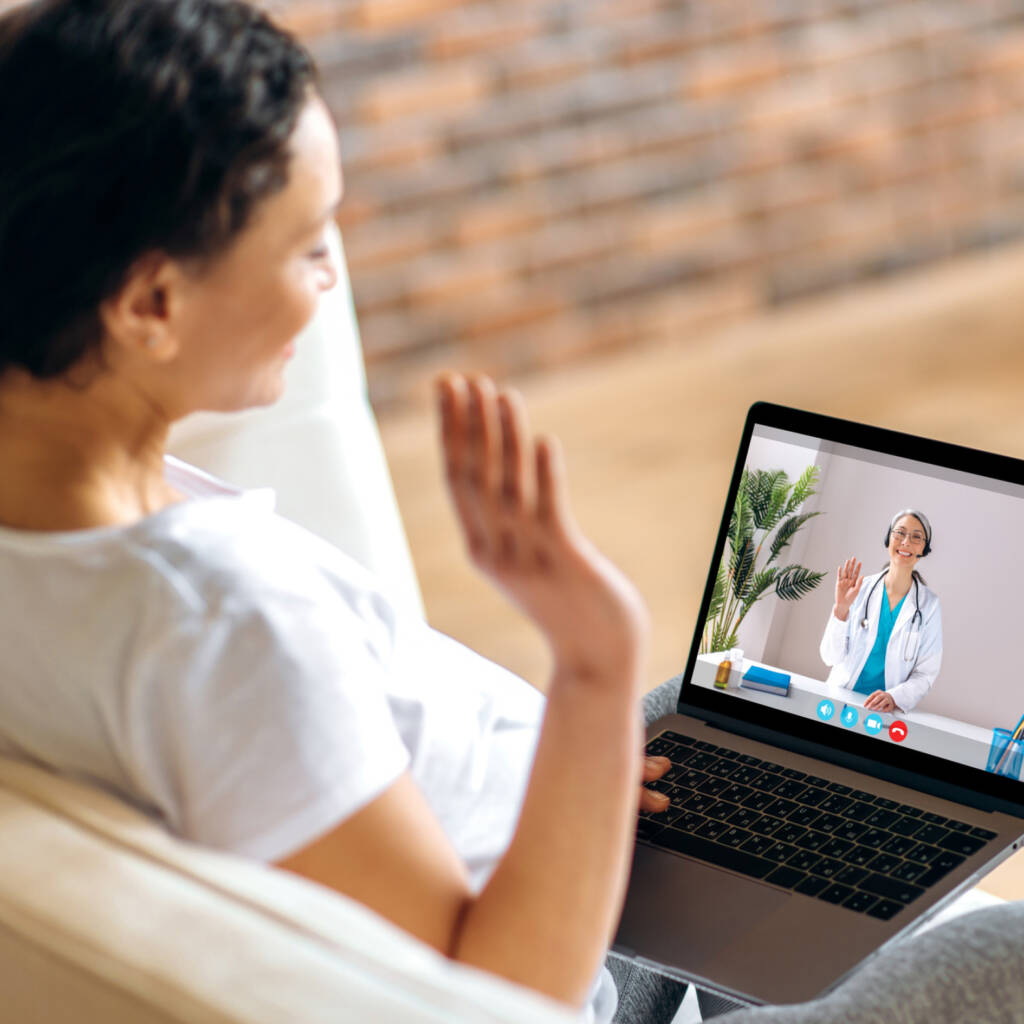
If left untreated, gonorrhoea can lead to serious health problems. In women, it can cause pelvic inflammatory disease, which might lead to infertility. In men, it can cause a painful condition in the ducts of the testicles, which can also lead to infertility.
That’s why it’s crucial to get tested if you think you’ve been exposed to gonorrhoea or if you have symptoms. Testing ensures early detection and treatment, preventing long-term health issues and stopping the spread to sexual partners.
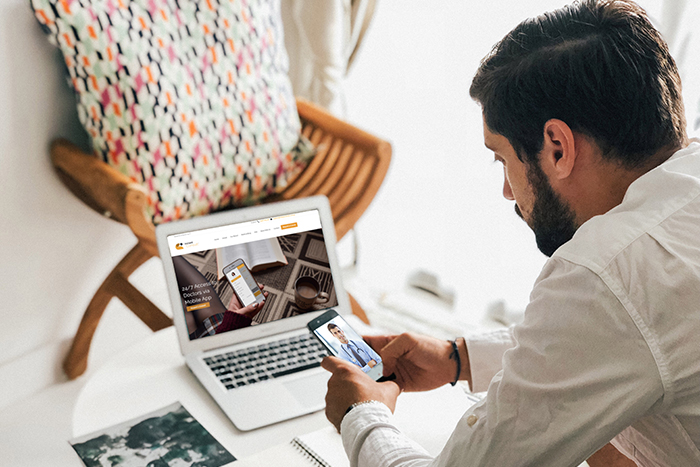
Understanding Gonorrhoea Testing
Gonorrhoea testing is a straightforward process to check if you have this common STI. It’s important for anyone who’s sexually active, especially if you’ve had unprotected sex or multiple sexual partners.
Why Get a Gonorrhoea Test
Getting a gonorrhoea test is important for several reasons:
- Early Detection: It helps in identifying the infection early, even if there are no symptoms, allowing for timely treatment.
- Prevent Complications: Untreated gonorrhoea can lead to serious health issues, including infertility, pelvic inflammatory disease, and increased risk of HIV.
- Stop the Spread: By diagnosing and treating gonorrhoea, you can prevent spreading the infection to others.
What It Measures
The test looks for the presence of Neisseria gonorrhoeae bacteria by detecting its genetic material or its antigens. It can be done through a urine test or a swab of the affected area. This includes the cervix, urethra, rectum, or throat, depending on your sexual activities.
Note that the test doesn’t measure immunity or tell you about past infections. It’s focused on whether you have the infection now.
When Should You Get This Test?
As mentioned, many people with gonorrhoea don’t show symptoms but can still spread it. That’s why you should get tested if:
- You are sexually active and under 25. Regular STI screenings, including for gonorrhoea, are recommended due to higher risk levels.
- You’ve had unprotected sex with a new partner or multiple partners.
- Your sexual partner has tested positive for gonorrhoea.
- You’re pregnant or planning to become pregnant.
- You have other STIs like chlamydia or syphilis, which can increase your risk.
- You have symptoms of gonorrhoea.
While gonorrhoea home test kits are available, you may still need to undergo an actual lab test for confirmation. Self-testing may not be that accurate, and there’s a higher chance of user error in collecting samples. As such, your doctor may recommend getting tested at a proper testing facility.
How to Get a Gonorrhoea Test Request Online
In Australia, you will need to secure a referral from a qualified clinician or healthcare professional before you can get a gonorrhoea test. Using Instant Consult, getting the referral you need takes no more than a few clicks. Here’s how:
- Sign up or log in to Instant Consult. You can visit our website or download the Instant Consult app. Then, create an account or log in if you already have one.
- Request a consultation. Click on the “Request a Consult” button and follow the prompts. One of our doctors will connect with you in 15 minutes or less.
- Discuss your needs. Tell the doctor why you’re seeking a gonorrhoea test, including any symptoms. Remember that it’s important to be honest at this point so your doctor can provide accurate medical advice or refer you to the appropriate testing option.
- Receive your referral. If the doctor agrees a test is necessary, they’ll send you a pathology request form directly to your device right after the consultation.
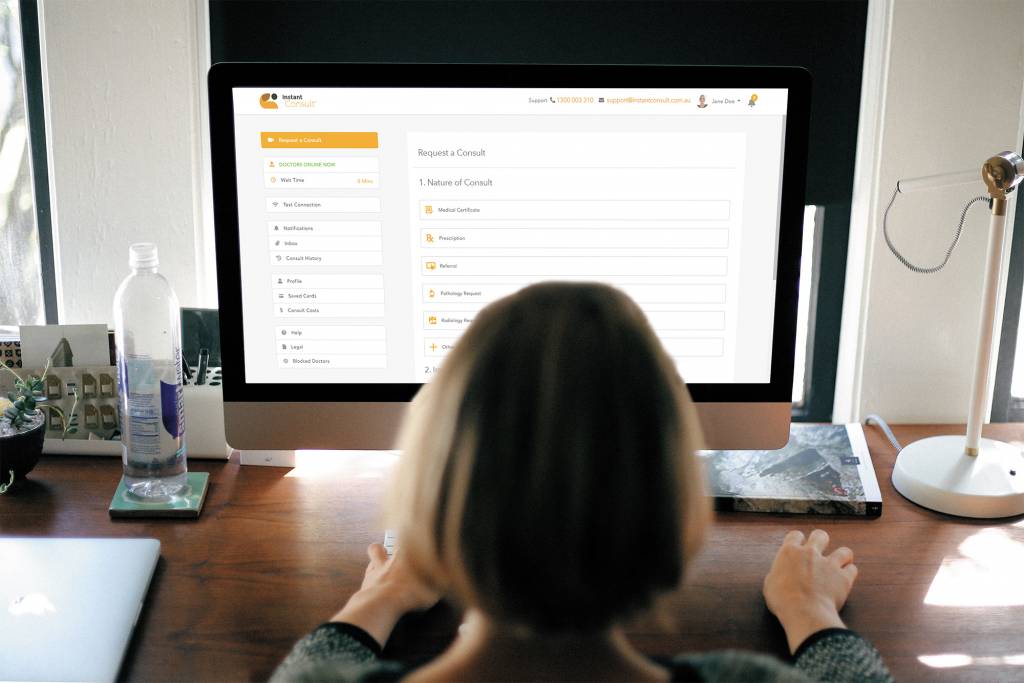
Taking the Gonorrhea Test
Once you have your referral, you can take it to your preferred STI testing service or sexual health services clinic. Here’s how the gonorrhea testing process works:
- Testing Options: The most common tests are urine tests and swabs. Men are usually asked to provide a urine sample. While women often need to have a swab test on their orifices (throat, rectum, or vagina).
- Sample collection: For a urine test, you’ll be given a container to collect a sample of your first urine of the day. For a swab test, a small cotton swab is used to collect a sample from the affected area. The collection centre staff may perform the swab, or you might be given instructions on how to do it yourself, particularly for a vaginal swab. It’s then sent to a lab for analysis.
If you have a valid Medicare card, most STI tests can be bulk-billed. Otherwise, you can check with your private health insurance provider to see what tests are covered.
Getting Your Gonorrhea Test Results
Gonorrhea test results are usually available within a few days. If you got your referral from Instant Consult, your results will be sent directly to us. We will promptly notify you once your results are available. All you need to do is book a follow-up consultation where our doctors will explain your results.
Depending on your results, they may provide online prescriptions, request another pathology test or an imaging test, or refer you to a specialist.
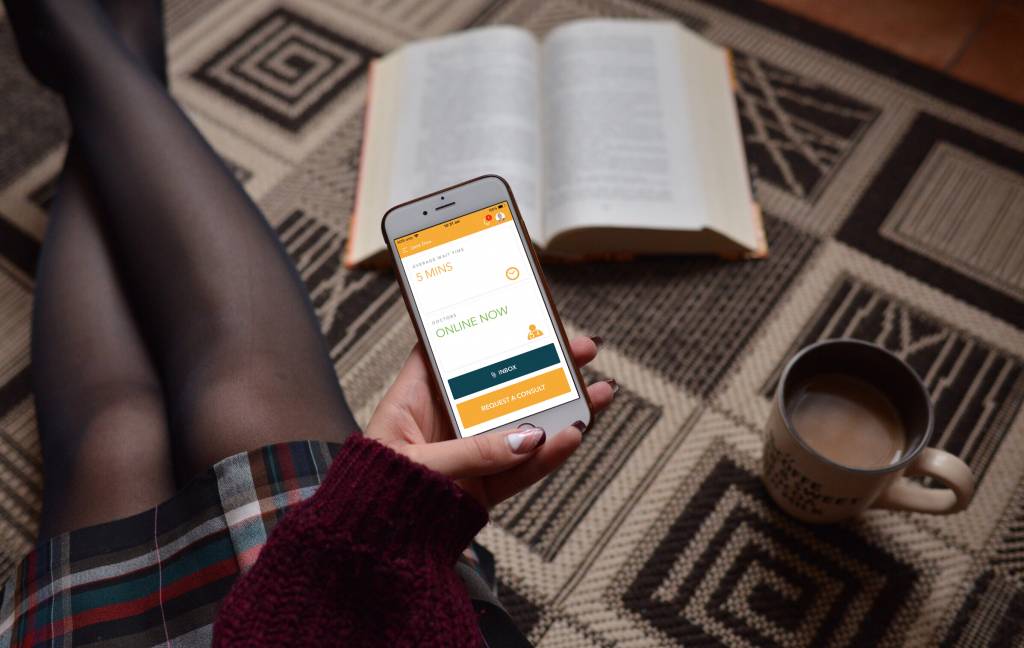
What if I Test Positive?
A positive result for gonorrhea might feel worrying, but remember that it’s a treatable condition. Here’s what you can do to treat the infection and prevent its spread:
- Follow your Doctor’s Advice: Since gonorrhoea is basically a bacterial infection, your doctor may prescribe antibiotics. The specific type of antibiotic may vary, as some strains of gonorrhoea are resistant to certain medications.
- Inform your sexual partners: It’s crucial to tell any recent sexual partners. They need to get tested and treated if necessary. This helps stop the spread of the infection.
- Abstinence: Avoid any sexual activity until you and your partners have completed treatment and are cleared of the infection.
- Practice Safe Sex: Use condoms during sex to reduce the risk. Even after treatment, it’s possible to get gonorrhoea again.
- Check for other STIs: Because STIs often occur together, getting tested for other infections like chlamydia, herpes, hepatitis B, and HIV is a good idea.
Remember, regular testing is key to detecting gonorrhoea early and preventing serious health problems. Don’t hesitate to reach out to a healthcare provider to discuss your concerns and testing options. With Instant Consult’s telehealth services, getting the help you need is just a video call away.
Instant access to chat with a doctor with a comprehensive range of services
With Instant Consult, you can chat with a doctor and get help for a wide range of medical requests, all from the comfort of your home!
1
Certificates
Are you too ill to come into work and need to give your boss a medical certificate? With Instant Consult you can chat with a doctor and get a medical certificate sent directly to your app’s inbox, all without getting out of bed!
2
Prescriptions
If you need a new prescription or need to update an ongoing one then you can use our app to instantly chat to a doctor who can prepare your prescription promptly!
3
Referrals
If you have a medical condition that needs treatment from a specialist, one of our GP’s can send a digital referral straight to your app’s inbox.
4
Pathology
If you need a blood cell count or to check for STDs/STIs like Chlamydia or need any other kind of bloodwork you can easily get a pathology request sent to your inbox by any of our fully licensed online GPs. You can then take the request to the clinic of your choice.
5
Radiology
If you require any special kind of diagnostic imaging such as a CAT scan or an MRI you can get a request from one of our online GPs which you can then take to your preferred provider.
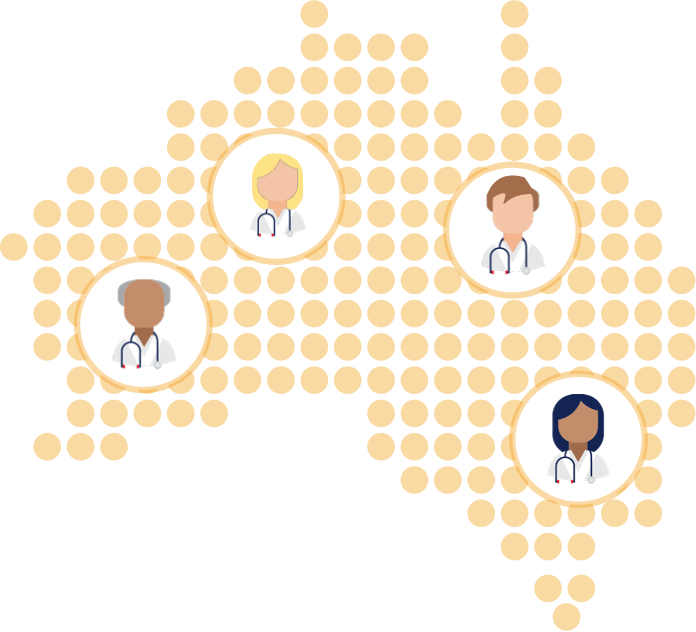
Community of Doctors
Australian registered, fully qualified, insured and experienced Doctors right at your fingertips ready for an instant online consult
